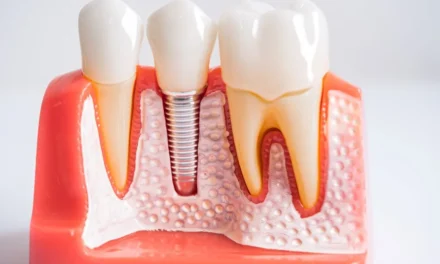Bleeding gum can be a concerning issue that affects oral health. Let’s delve into the causes, factors contributing to bleeding, related conditions, care, treatment, and prevention measures.

Causes of Bleeding Gums:
- Accumulation of Plaque Buildup: Plaque, a sticky film containing bacteria, can accumulate along the gumline and lead to inflammation, causing to bleed.
- Periodontal Diseases: Gingivitis and periodontitis are gum diseases characterized by inflammation and infection of the gums, leading to bleeding.
- Other Conditions: Certain medical conditions and lifestyle factors, such as hormonal changes, chemotherapy, tobacco use, and diabetes, can contribute to bleeding.
Factors that Increase Gum Bleeding:
Several factors can exacerbate bleeding, including:
- Incorrect brushing technique
- Improper use of dental floss
- Pregnancy
- Hormonal changes
- Use of tobacco products
Conditions Related to Bleeding:
- Gingivitis: The early stage of gum disease characterized by inflammation and bleeding.
- Periodontitis: A more advanced form of gum disease involving irreversible damage to the gums and supporting structures of the teeth.
- Diabetes: Uncontrolled diabetes can impair blood circulation and increase the risk of gum disease and bleeding.
- Canker Sores: Open sores in the mouth can cause gum irritation and bleeding.
- Chemotherapy: Certain cancer treatments can lead to oral complications, including bleeding.
- Tobacco Products: Smoking or chewing tobacco can increase the risk of gum disease and bleeding.
- Hormonal Changes: Puberty, pregnancy, and menopause can affect gum health and contribute to bleeding.
Care and Treatment:
- Oral Hygiene: Maintain good oral hygiene by brushing twice a day with a soft-bristled toothbrush and flossing daily.
- Dental Visits: Regular dental check-ups and professional cleanings can help detect and treat gum problems early.
- Specific Treatments: Treatment for bleeding gums may include deep cleaning, antibiotic therapy, and gum surgery, depending on the underlying cause.
Consequences of Ignoring Bleeding:
Ignoring bleeding can lead to:
- Tooth loss
- Infections
- General health problems
Can Gum Bleeding Be Prevented?
Yes, you can take steps to prevent bleeding by:
- Maintaining good oral hygiene
- Regular dental visits
- Avoiding tobacco use
- Controlling diabetes if you have it
- Using a soft-bristled toothbrush
- Avoiding excessive force while brushing
When to Seek Medical Attention:
If you experience bleeding in specific situations, such as while brushing, using dental floss, or during pregnancy, consult your dentist promptly.
Tips for Preventing Gum Bleeding:
- Brush your teeth twice a day with a soft-bristled toothbrush.
- Use dental floss daily.
- Visit your dentist regularly for cleanings and exams.
- Avoid tobacco use.
- Control diabetes if you have it.
- Maintain a healthy, balanced diet.
- Stay hydrated by drinking plenty of water
- Be mindful of your oral hygiene practices, ensuring they are gentle yet effective.
- Monitor your gum health and promptly address any signs of bleeding or inflammation.
- Avoid aggressive brushing or flossing, as it can irritate the gums and exacerbate bleeding.
- Use dental products recommended by your dentist, such as toothpaste and mouthwash formulated for gum health.
- Consider using an antiseptic mouthwash to help reduce bacteria and inflammation in the mouth.
- Incorporate foods rich in vitamins and nutrients that promote gum health, such as fruits, vegetables, and dairy products.
- Manage stress levels, as stress can weaken the immune system and contribute to gum disease.
- If you have persistent bleeding or other oral health concerns, seek professional dental care promptly to prevent further complications.
In conclusion, understanding the causes, care, and prevention of gum bleeding is crucial for maintaining optimal oral health. By practicing good oral hygiene habits, seeking regular dental check-ups, and addressing any issues promptly, you can help prevent bleeding and ensure a healthy smile for years to come. Remember, your dentist is your partner in oral health, so don’t hesitate to reach out if you have any concerns or questions regarding your gum health.



